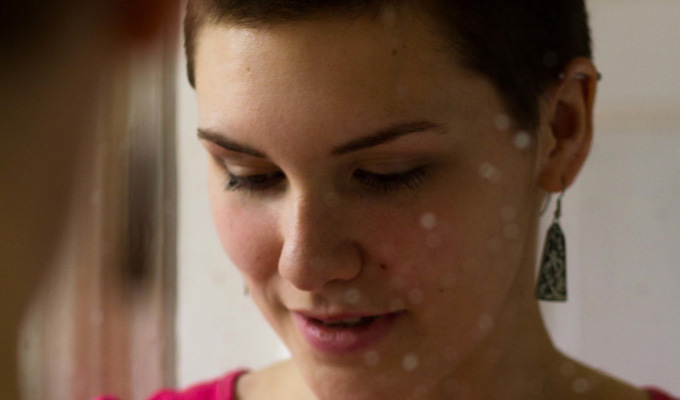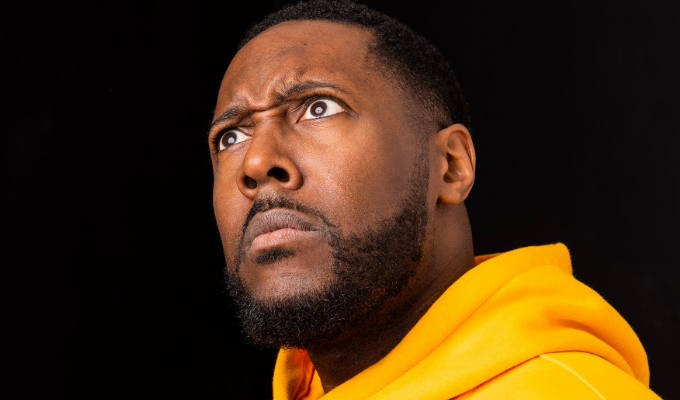
Why I'm quitting stand-up
Emily Snee says the delusions and dishonesty are toxic
At my first few gigs, the comedians and promoters around me were enormously kind and encouraging. They were filled with heartfelt enthusiasm and care for this new fledgling funny person in their midst.
The niceness lasted about ten gigs.
Then reality began setting in. It was a slow dawning, though, and it took me getting past my 100th gig to realise just what I had gotten myself into.
I’m not talking about the admin, the time commitment, the rollercoaster ride of emotions, the self-doubt, and the frustration. I am talking about the culture.
As far as I can tell, stand up comedy is an industry built on dishonesty.
Over the last year I have seen people play nice with each other when beneath the surface they are filled with loathing. I have seen bad jokes praised. I have seen comedians insult audiences because of their own inability to be amusing – and received undeserved agreement from their peers.
Over and over again I have seen a fear of being honest.
Why?
Because honesty can jeopardise you.
Over and over I see comedians spout prejudice and pass it off as irony, when in reality it’s bullying with giggles, yet they remain unchallenged.
There are promoters and clubs who haven’t paid acts for months and no comedian will complain about it publicly because they might suffer if they do. No one will call each other’s bullshit because everyone is too busy trying to save their own skins.
Promoters who run their own clubs consistently mistreat and insult audience members and comedians alike, while claiming virtually no comedy ability of their own – yet newer acts are afraid to confront such people, because it would mean that they wouldn’t get booked again.
So the deluded keep their delusions and everyone keeps on pretending.
One of the things that first attracted me to comedy was the chance to be brutally honest about what is ridiculous about the world and produce laughter and joy from that. Also, I think I’m an observant person who thinks a lot and can get a relatively accurate impression of how someone feels or what’s going on with them quite quickly. I saw stand-up as a chance to use these abilities. They’re a useful set of skills when conceiving of material, when writing jokes and when reading audiences. However, these qualities become rather problematic when you observe the people around you on the open mic circuit, and get a relatively accurate impression how newer comics feel and what is going on with them.
Sometimes when I see someone perform, I don’t really see their performance. I see someone desperately looking for some (any) kind of affirmation, or recognition, or approval.
Sometimes when I see an audience member picked on I don’t really see the banter. I see the discomfort, the embarrassment and the shame.
Sometimes when I talk to a comedian I don’t really see an interaction. I see a game of ‘let’s get pally with this person, they might be useful’.
There is so much about this industry that is enormously toxic and harmful to people’s mental and emotional health, and almost all of it could be remedied.
However, no one is willing to be honest.
I’m quitting stand-up comedy because I am no longer willing to be dishonest, and I feel like that’s something I’d suffer for.
• What was going to be Emily Snee's Edinburgh Fringe stand-up show will now be an hour of music, cartoons, chats and poems at The Free Sisters @ 2:45pm.
This article has been amended since it was originally published because of an ongoing legal challenge.
Published: 26 Jun 2014






